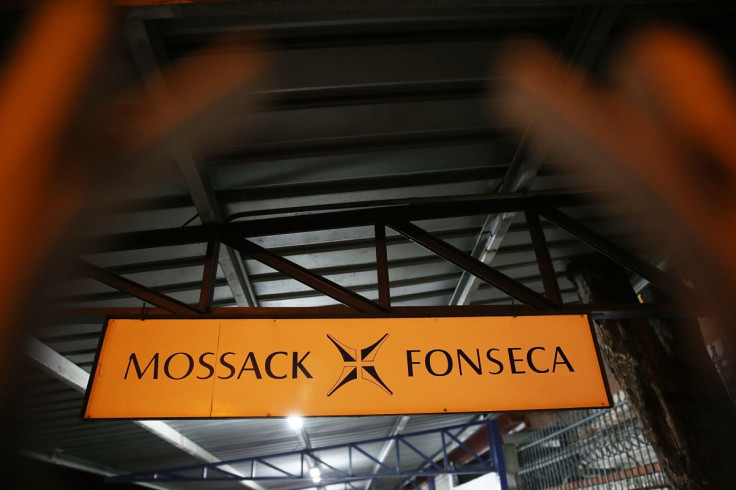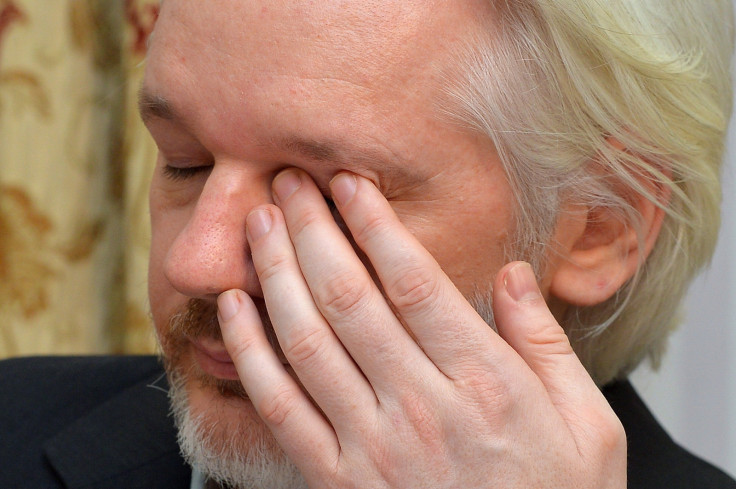Panama Papers source praises 'hero' Edward Snowden ahead of next Mossack Fonseca revelations

The anonymous source responsible for the so-called Panama Papers has gone public for the first time to speak out about whistle-blowing, the 'sordid acts' of law firm Mossack Fonseca and the motivations behind what is now known as the most significant leak of financial information in history.
"I decided to expose Mossack Fonseca because I thought its founders, employees and clients should have to answer for their roles in these crimes, only some of which have come to light thus far," the source gave a statement to the International Consortium of Investigative Journalists (ICIJ) and German newspaper Süddeutsche Zeitung. "It will take years, possibly decades, for the full extent of the firm's sordid acts to become known."
When first thrust into the public domain, the unprecedented leak of data consisted of 11.5 million documents from a Panamanian law firm that exposed how the rich and powerful global elite exploit secretive offshore regimes to evade paying tax. The information was leaked to 100 media organisations across 83 countries and caused an immediate impact across the globe.
The source – who remains anonymous under a 'John Doe' pseudonym – has shed more light on their identity by denying ever having worked for a government or an intelligence agency. In fact, the source slammed the stances that some governments have taken against whistleblowers like Edward Snowden.
"Legitimate whistle-blowers who expose unquestionable wrongdoing, whether insiders or outsiders, deserve immunity from government retribution, full stop," the source wrote in a massive 1,800 manifesto. "Until governments codify legal protections for whistle-blowers into law, enforcement agencies will simply have to depend on their own resources or on-going global media coverage for documents."
The source added that, in Snowden's case, the former NSA contractor deserves "a hero's welcome" in the US instead of exile in Russia. "I have watched as one after another, whistle-blowers and activists in the United States and Europe have had their lives destroyed by the circumstances they find themselves in after shining a light on obvious wrongdoing," the source said.
"Edward Snowden is stranded in Moscow, exiled due to the Obama administration's decision to prosecute him under the Espionage Act. For his revelations about the NSA, [Snowden] deserves a hero's welcome and a substantial prize, not banishment."
"Willing to cooperate"
Interestingly, the Panama Papers source said that despite so far only working with journalists to expose tax-based wrongdoing, the option of working with police or governments remains on the table. "In the end, thousands of prosecutions could stem from the Panama Papers, if only law enforcement could access and evaluate the actual documents," the source said. "ICIJ and its partner publications have rightly stated that they will not provide them to law enforcement agencies. I, however, would be willing to cooperate with law enforcement to the extent that I am able."
When first releasing the trove of documents however, the source revealed they originally approached some media outlets – including WikiLeaks – which for various reasons would not release the data. Referencing the infamous organisation ran by Julian Assange, the source complained "even WikiLeaks didn't answer its tip line repeatedly" before adding "the media has failed."

"Deeply corrupt"
Perhaps unsurprisingly, the source also shared a scathing view on the legal profession. "Democratic governance depends upon responsible individuals throughout the entire system who understand and uphold the law, not who understand and exploit it," said John Doe. "On average, lawyers have become so deeply corrupt that it is imperative for major changes in the profession to take place, far beyond the meek proposals already on the table"
The manifesto comes only days before UK Prime Minister David Cameron is set to hold a global anti-corruption summit in London. Following the Panama Papers release, Cameron was caught up in the media crossfire after it emerged his father was implicated in the documents.
"The United Kingdom can be proud of its domestic initiatives thus far, but it still has a vital role to play by ending financial secrecy on its various island territories, which are unquestionably the cornerstone of institutional corruption worldwide," the source said.
Ending on a more hopeful note, the source added: "We live in a time of inexpensive, limitless digital storage and fast internet connections that transcend national boundaries. It doesn't take much to connect the dots: from start to finish, inception to global media distribution, the next revolution will be digitised. Or perhaps it has already begun."
The next release of the Panama Papers is currently scheduled for 9 May and will consist of information on over 200,000 offshore entities alongside "trusts, foundations and funds incorporated in 21 tax havens, from Hong Kong to Nevada in the United States." ICIJ's deputy director Marina Walker Guevara said: "The database will likely be the largest ever release of secret offshore companies and the people behind them."
© Copyright IBTimes 2025. All rights reserved.




















